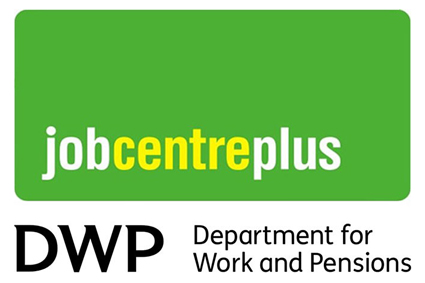
Shared from the Guardian
Benefits assessment suspension does not go far enough, says charity
Efforts to fight coronavirus not sufficient to protect vulnerable, according to Mind
Patrick Butler Social policy editor
The Department for Work and Pensions (DWP) on Monday put on hold in-person assessments for disability benefit claimants as a precautionary measure against unnecessary exposure to infection.
Normally, new claimants, along with existing claimants who are being reassessed, would be required to travel to a testing centre and undergo procedures and an interview to help decide whether they are eligible for benefit payments.
The DWP said face-to-face interviews for employment and support allowance (ESA), personal independence payment (PIP) and universal credit would be suspended for at least three months.
Vicki Nash, Mind’s head of policy and campaigns, said: “Now more than ever, it’s vital that disabled people and people with long-term conditions are reassured that they can depend on a stable income. The government should suspend reassessments altogether so that no one faces having their income unfairly and abruptly stopped.
“In coming months many more people may need support from the benefits system. Measures so far have focused on people who are self-isolating but right now people who find themselves out of work longer-term face a complicated assessment process for sickness benefits or waiting five weeks for universal credit.
“The government must act urgently to make sure people can immediately access the help they need to stay afloat.”
Normally, non-attendance for a benefits assessment, without an adequate reason, could trigger financial penalties in the form of sanctions, or benefits being withdrawn.
The work and pensions secretary, Thérèse Coffey, said: “As we move into the next phase of our response to coronavirus, it is right we take steps to protect those with health problems.
“Temporarily suspending face-to-face assessments for sickness and disability benefits will allow us to ensure we continue to provide a safety net for those in need, while removing the unnecessary risk of exposure to this disease.”
ESA is an out-of-work benefit for people of working age who have limited capacity to work because of disability or ill-health. Pip is paid to help people meet the additional costs of disability and is available to people regardless of whether they work or not.
The tests are notorious for their complexity and unreliability. They are regarded with anxiety and distrust by many vulnerable people who fear they may unfairly lose benefits because of failings in the assessment process. More than two-thirds of claimant appeals against decisions to remove or reduce their entitlement to these benefits are successful.
An all-party MPs inquiry into Pip and ESA assessments in 2018 concluded that failings in the process had contributed to a lack of trust in both benefits and risked undermining claimants’ confidence in their operation.’

Reblogged this on Tory Britain!.